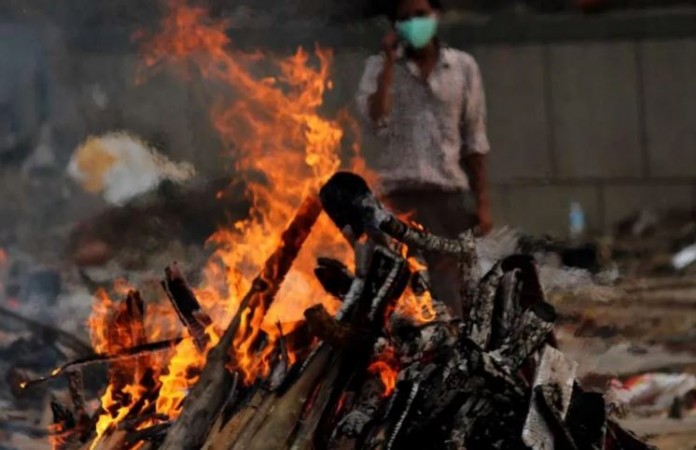
In Hinduism, there is a detailed list of sixteen sacraments, known as "Sanskars," which are considered essential for the spiritual and social development of an individual at various stages of life. Among these, the last sacrament (Antyesti) is performed after death and is regarded as one of the most significant rituals. Hindu sacred texts, especially the Garuda Purana, provide detailed rules and procedures for the last rites. This article will discuss the rules and characteristics of the last rites, particularly the guidelines regarding performing them at night.
Garuda Purana and the Rules of Last Rites
The Garuda Purana is an important religious text that provides a comprehensive description of death and the rituals that follow. It helps in understanding the journey of the soul and its wandering in the afterlife. According to the Garuda Purana, performing the last rites is a religious obligation and should be done according to specific rules.
Prohibition of Last Rites at Night
The Garuda Purana explicitly instructs against performing the last rites at night. The Purana mentions several religious and spiritual reasons for this:
Peace of the Soul: According to the Garuda Purana, if the last rites are performed at night, the soul of the deceased does not find peace. Performing the rites at night may hinder the soul’s journey and prevent it from achieving tranquility.
Gates to Heaven and Hell: The Purana also describes that performing the last rites after sunset results in the closing of the gates to heaven and the opening of the gates to hell. This belief suggests that such rituals may lead the deceased to suffer in hell and face endless pain and torment.
Defects in the Next Birth: The Garuda Purana states that if the last rites are conducted after sunset, the deceased may be born with physical defects or abnormalities in the next life. It is believed that performing the cremation at night could negatively impact the individual’s physical condition in their subsequent life.
What to Do if Death Occurs at Night?
If a person dies at night, the Garuda Purana advises that the body should be preserved until the next day. Here’s how it is generally managed:
Preservation of the Body: The body is kept in a cool place to prevent it from deteriorating. Sometimes, it may be covered with salt or other substances to maintain its freshness.
Religious Rituals: The last rites are performed the following morning after sunrise. This includes preparing the body for cremation and conducting all necessary religious ceremonies, such as prayers and offerings.
Worldly Process: As soon as morning arrives, the body is taken to the cremation ground or an appropriate place for the final rites. All rituals, such as offering fire and burning the body, are carried out as per the prescribed procedures.
In Hinduism, the rules and procedures for last rites are considered extremely important. Adhering to the guidelines mentioned in the Garuda Purana ensures that the soul of the deceased finds peace and that their next life is positively impacted. The prohibition against performing last rites at night is based on deep religious and spiritual beliefs that aim to ensure the soul's journey is smooth and prosperous. Thus, following the instructions provided in the Garuda Purana and other sacred texts is crucial for maintaining Hindu religious traditions.
Place the Kamadhenu Cow Idol in This Direction at Home and Office to Reap Benefits
What Does Pope Francis’ Visit to Indonesia Mean for Global Interfaith Relations?
If You’re Struggling with Sleep, Try These Simple Vastu Tips